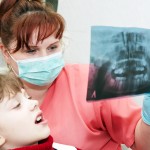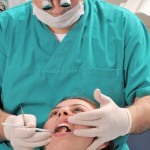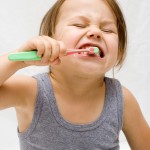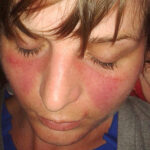
This review of the impact of sugar-free gum (SFG) on the level of oral micro-organisms, specifically Streptococcus mutans included 13 studies 11 of whihc were RCTs. The findings indicated that SFG reduces the load of Streptococcus mutans in the oral cavity compared to controls but noe of teh included studies were at low risk of bias.
[read the full story...]







